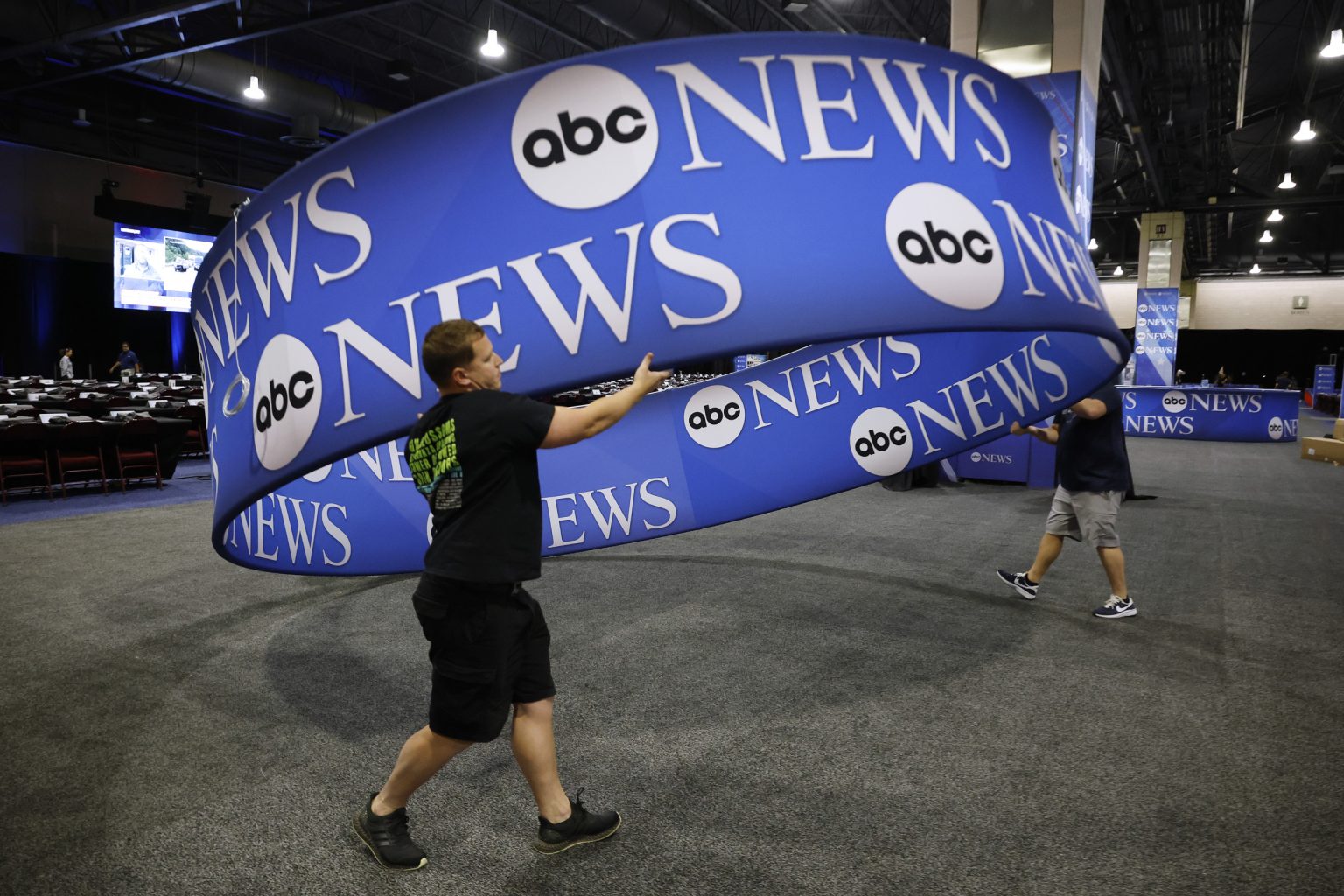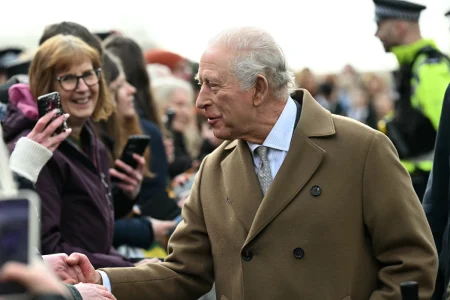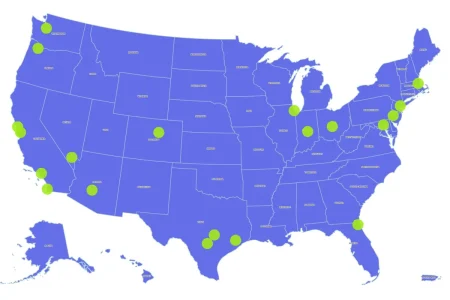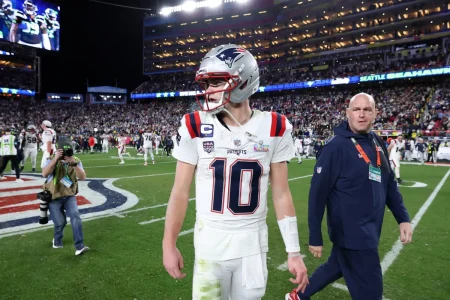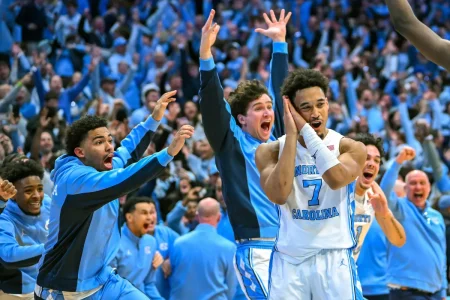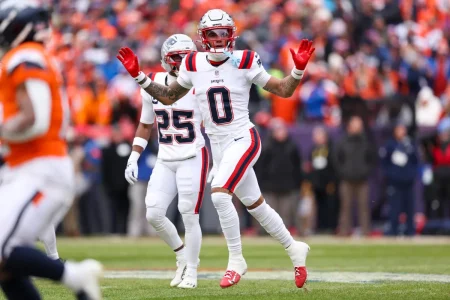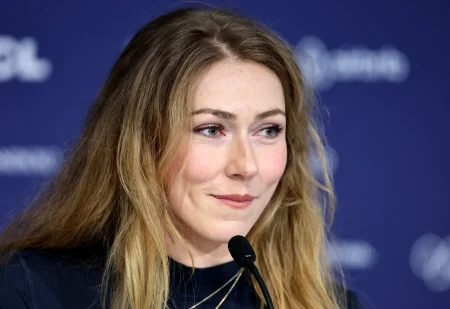The Jimmy Kimmel Controversy: Free Speech, Media Power, and the Political Divide
In an unprecedented move that has ignited a fierce national debate about free expression and corporate influence, ABC News and Disney are facing widespread boycott calls after Jimmy Kimmel Live! was pulled from the air indefinitely. The suspension came following controversial remarks Kimmel made about conservative activist Charlie Kirk’s assassination. Nexstar Media Group, which owns dozens of ABC affiliates across the country, announced it would stop airing Kimmel’s show, with Andrew Alford, president of Nexstar’s broadcasting division, stating that “Mr. Kimmel’s comments about the death of Mr. Kirk are offensive and insensitive at a critical time in our national political discourse.” Sinclair Inc., another major media company, followed suit and demanded Kimmel apologize to Kirk’s family and make a donation to both the family and Turning Point USA.
The controversy centers on Kimmel’s monologue after Kirk’s death, in which he speculated that the 22-year-old suspect Tyler Robinson could be aligned with “the MAGA gang” or possibly “one of them.” Kimmel also criticized President Donald Trump’s response to a reporter asking how he was holding up after Kirk’s shooting. The reaction to ABC’s decision has fallen predictably along partisan lines, with Trump celebrating the move on Truth Social, calling it “Great News for America” while claiming “Kimmel has ZERO talent.” FCC Chairman Brendan Carr publicly thanked Nexstar “for doing the right thing” and encouraged other broadcasters to “follow Nexstar’s lead,” comments that have raised serious concerns among civil liberties advocates about potential government overreach in media regulation.
The backlash against ABC and Disney has been swift and intense among progressives and free speech advocates. Social media erupted with calls to “Boycott Disney” and “Cancel Hulu,” with political commentator Brian Krassenstein urging followers to “Hit them where it hurts: the $$$.” Fred Guttenberg, father of a Parkland shooting victim, lamented that “The 2A killed the First Amendment,” while podcast host Brian Tyler Cohen shared an image of his canceled Hulu subscription. Democratic Senator Elizabeth Warren connected the incident to a broader pattern, tweeting: “First Colbert, now Kimmel. Last-minute settlements, secret side deals, multi-billion dollar mergers pending Donald Trump’s approval. Trump silencing free speech stifles our democracy. It sure looks like giant media companies are enabling his authoritarianism.”
The controversy has highlighted the complex relationship between media conglomerates, local broadcasters, and political influence. Columnist Wajahat Ali called for “every major talent that works for ABC and Disney” to refuse to work until Kimmel is reinstated, suggesting that “Marvel movies need to shutdown” alongside sitcoms in a “collective boycott.” Democratic strategist Keith Edwards joined the chorus, urging people to “Boycott Disney. Cancel Hulu. Don’t let them get away with this.” The situation raises profound questions about who controls broadcast content and how much influence station groups should have over network programming decisions, especially when those decisions intersect with political speech during a contentious election season.
The DNC has framed the controversy as part of a larger pattern of speech restriction under Trump’s influence. DNC Chair Ken Martin issued a statement claiming “The state under Donald Trump has amassed a chilling record of restricting speech, extorting private companies, and dropping the full weight of the government censorship hammer on First Amendment rights.” Martin’s statement directly referenced the FCC chair’s comments, describing the situation as “not the bully pulpit anymore — it’s the thought police presidency.” The controversy also arrives at a time when media consolidation and corporate influence over speech have become increasingly contentious issues in American politics, with progressives expressing concerns about the power of companies like Nexstar, which owns not only ABC affiliates but also hundreds of local NBC, CBS, and FOX stations.
The indefinite nature of ABC’s suspension leaves many questions unanswered about what happens next. The network and its affiliates may need to negotiate internally about how to proceed, with Nexstar’s position potentially influencing decisions by other station groups. There is also the possibility of regulatory filings or formal complaints to the FCC, particularly given the public statements by Chairman Carr that some view as inappropriate pressure from a government official. The controversy raises fundamental questions about the tension between free expression, corporate decision-making, and government regulation in America’s increasingly polarized media landscape. As one side celebrates the removal of what they view as inappropriate content, the other warns of dangerous precedents being set for speech restriction and corporate capitulation to political pressure.
This episode reflects deeper divisions in American society, where even late-night comedy has become a battleground in the culture wars. The strong reactions from both sides demonstrate how intertwined entertainment, media, politics, and corporate interests have become in contemporary America. As boycotts mount and political figures weigh in, ABC, Disney, and Kimmel face difficult decisions about how to balance creative expression, corporate interests, and public opinion in a deeply divided nation. The resolution of this controversy may set important precedents for how speech is regulated and who gets to make those decisions in an era where the lines between entertainment, journalism, and political discourse continue to blur. Whatever happens next will likely reverberate far beyond late-night television, potentially reshaping the relationship between media companies, their audiences, and the political establishment.




